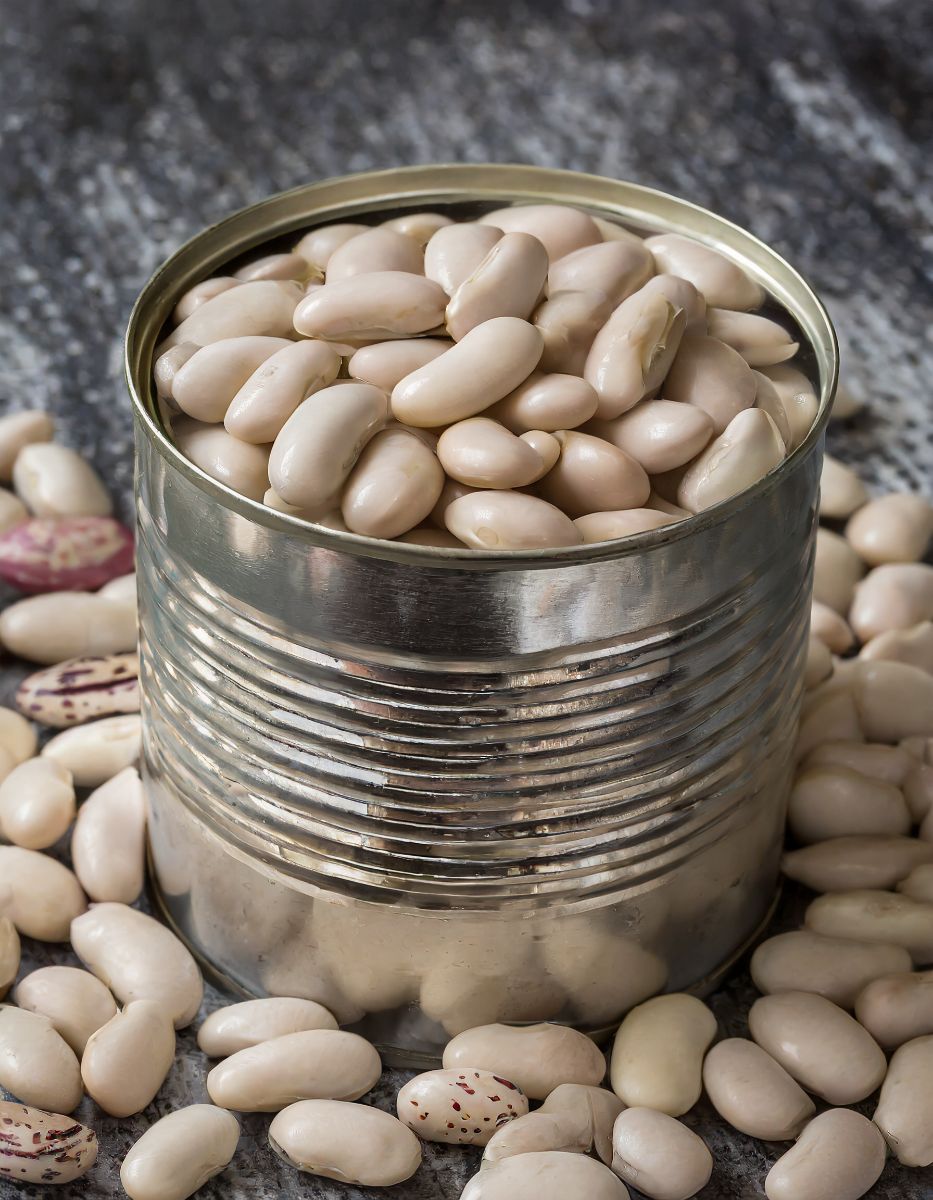Canned beans are a convenient pantry staple for many households around the world. They are a versatile ingredient that can be used in various recipes, from soups and stews to salads and dips. When it comes to using canned beans, one common question that often arises is whether or not you should wash and rinse them before cooking or incorporating them into your dishes.
In this article, we will explore the reasons behind this debate and provide you with all the information you need to make an informed decision.
Advertisement
Why the Controversy?
The controversy surrounding whether or not to wash and rinse canned beans primarily centers around concerns related to their canning process, flavor, texture, and nutrient content. Let's take a closer look at each of these factors to understand the arguments on both sides of the debate.
The Canning Process:
Canned beans are pre-cooked and packaged in a can with a liquid that often contains salt and other preservatives. This liquid is commonly referred to as "canning liquid" or "canning brine." Some people argue that washing and rinsing canned beans can help remove excess salt and preservatives, making them a healthier option.
Flavor:
Washing canned beans can also impact their flavor. The canning liquid may contain some of the bean's flavor, and rinsing them can lead to a milder taste. Some prefer this milder taste, while others enjoy the stronger flavor that the canning liquid imparts.
Texture:
The canning process can soften the beans, and some people believe that washing and rinsing can help restore their texture to a firmer state. This is particularly important if you plan to use the beans in dishes where texture matters, like salads.
Nutrient Content:
Washing and rinsing canned beans may also remove some of the water-soluble nutrients such as B vitamins and minerals that have leached into the canning liquid during the cooking process. However, the loss of nutrients is generally minimal and may not significantly impact the nutritional value of your dish.
Should You Wash and Rinse Canned Beans?
The decision to wash and rinse canned beans ultimately depends on your personal preferences and how you plan to use them. Here are some guidelines to help you make an informed choice:
For Reduced Sodium Intake:
If you're concerned about sodium intake, rinsing canned beans can help remove some of the excess salt. This is especially beneficial if you have dietary restrictions related to salt or if you are watching your sodium levels for health reasons.
For Mild Flavor:
If you prefer a milder flavor in your dishes, rinsing canned beans is a good idea. It can help remove some of the bean's natural flavor as well as any residual flavors from the canning liquid.
For Firmer Texture:
When using canned beans in salads or other dishes where texture matters, consider rinsing them to help restore their firmness.
For Convenience:
On the other hand, if you're looking for maximum convenience and time-saving, you can use canned beans without rinsing them. The canning liquid can even be used as a flavorful base for soups and stews.
For Nutrient Retention:
If you're concerned about nutrient loss, keep in mind that the loss is generally minimal, and you can compensate by incorporating other nutrient-rich ingredients into your dish.
Advertisement
Conclusion
Whether or not you should wash and rinse canned beans depends on your culinary preferences, dietary restrictions, and the specific dish you're preparing. There is no one-size-fits-all answer to this debate. It's essential to consider the factors mentioned above and choose the method that best suits your needs. Whether you decide to rinse or not, canned beans remain a convenient and nutritious addition to your pantry, ready to elevate your meals with their versatility and flavor.

